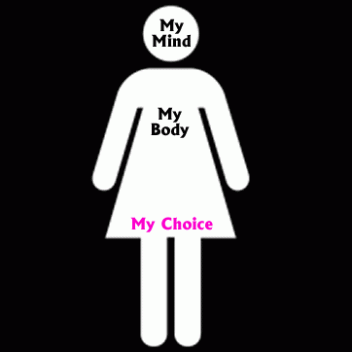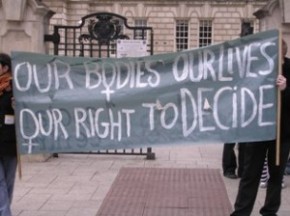When Edena arrived at Nellie’s Shelter, she had chronic pain, asthma, high blood pressure, and depression. She’d arrived in Canada as a refugee with her partner, whose abuse escalated after he lost his job. Edena’s blood pressure started reaching dangerous levels just before she left her partner, and the nightmares she used to have in her homeland returned. The hospital told her to get her own family doctor and to start taking expensive medication. She was on a waiting list for trauma counseling but was advised not to start until she settled into her own home. The hospital staff did not speak her language; neither did any family doctors or trauma counselors.
April 7th is World Health Day, a day to recognize the importance of healthy lifestyles. What can be easy to forget when talking about health is the role played by the Social Determinants of Health. According to The Canadian Facts, “The primary factors that shape the health of Canadians are not medical treatments or lifestyle choices, but rather the living conditions they experience.” Financial wealth is one of the most important determinants along with gender, Aboriginal status, housing, food security, racialization, job security, disability, and education. Many studies show that women and children who struggle with homelessness, poverty, violence, colonialism, racism, unemployment, and lack of access to resources are more likely to experience physical and mental health challenges.

Nellie’s highlights the Social Determinants of Health in our position papers, especially our paper on Women and Mental Health, and Women and Accessibility.
Working with Edena, we arranged Cultural Interpreters to help her communicate with doctors and counsellors. We helped her fill out the complicated form for Trillium Coverage for her medication. We helped her apply for the Special Diet Allowance so she could afford the healthy food she needs to keep her blood pressure down. Eventually she received Special Priority Housing and began her trauma counselling. Life is not easy for Edena, but we continue to support her through our Community Support and Outreach Program.
We hope someday all Canadians will have access to healthy lives. Here are some ways that we can make this happen:
– Join campaigns to increase the minimum wage.
–Promote housing as a human right.
-Ask our Government to expand access to Employment Insurance to part-time workers
– Ask our Government to allow foreign-trained professionals to practice their professions in Canada





